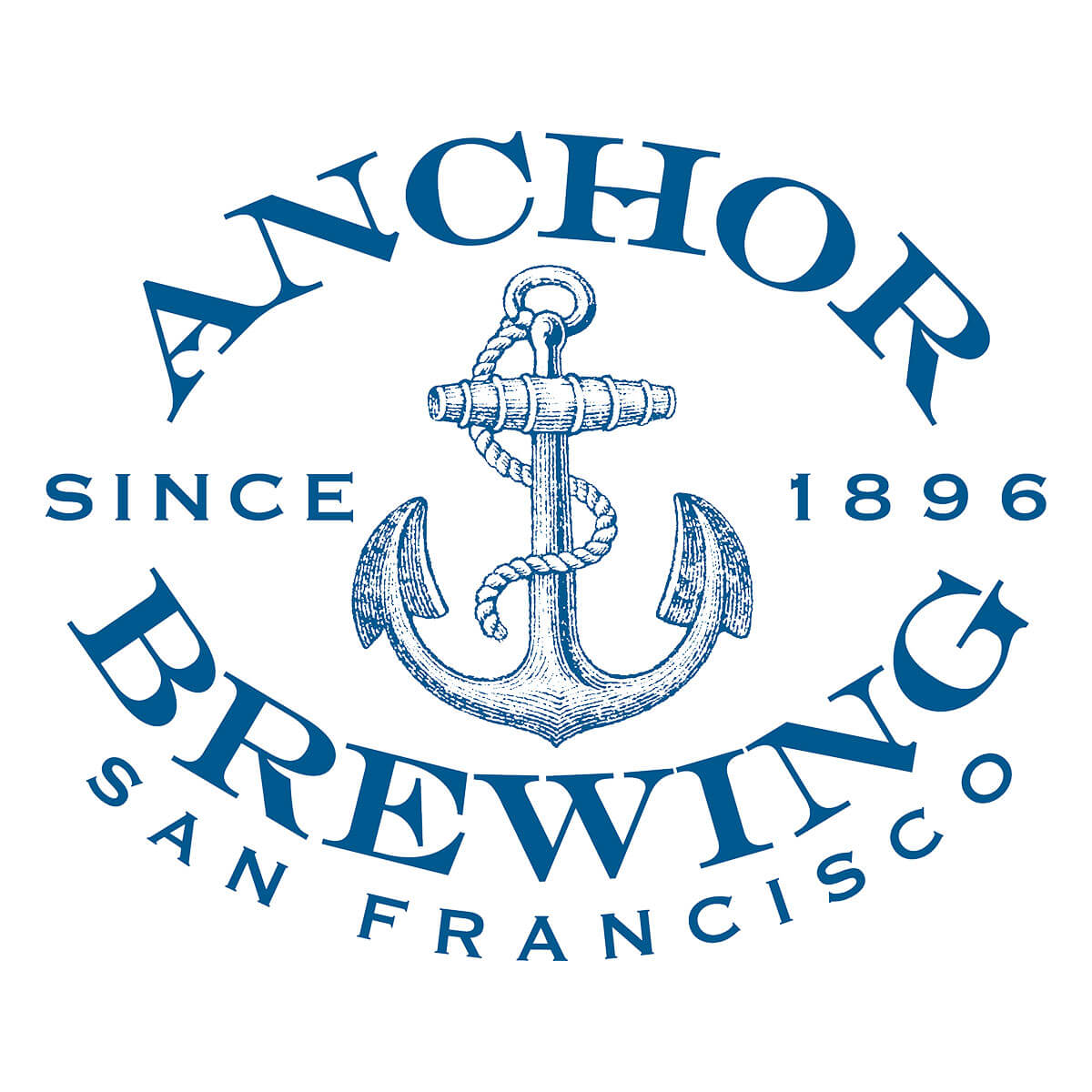The Closure Of Anchor Brewing Company: A Look Back At Its History And Impact

Table of Contents
A Pioneer of the Craft Beer Movement
Anchor Brewing Company's role in reviving American craft brewing is undeniable. In 1965, when mass-produced lagers dominated the market, Fritz Maytag's acquisition and revitalization of the struggling Anchor brewery was a bold move. He championed the concept of small-batch, handcrafted beers, a stark contrast to the industrial brewing practices of the time. The resulting Anchor Steam Beer, with its unique, naturally carbonated process, became an icon.
- Launched in 1965: Anchor's rebirth defied the industry's trend towards mass production, injecting a much-needed dose of artisanal spirit.
- Reintroduced handcrafted beers: Anchor Steam Beer showcased the potential of small-batch brewing, highlighting the nuances of flavor and the artistry of the craft.
- Pioneered unique beer styles: The brewery's commitment to innovation extended beyond Anchor Steam, influencing countless breweries with its experimentation and unique approaches to beer styles.
- Shaped American craft beer identity: Anchor's success helped define what American craft beer would become, emphasizing quality ingredients, unique recipes, and a focus on the brewing process itself. Its influence on the development of the American craft beer identity is undeniable.
Anchor Brewing Company's Rise and Influence
From its humble beginnings, Anchor Brewing Company steadily grew into a nationally recognized brand. This expansion wasn't simply a matter of increasing production; it involved strategic marketing, carefully planned distribution, and a consistent commitment to quality.
- Growth from small to national: Anchor successfully transitioned from a local San Francisco brewery to a brand enjoyed across the United States, showcasing the power of a strong brand and consistent product.
- Strategic marketing and distribution: Clever marketing and a well-executed distribution strategy ensured Anchor's products reached a broad consumer base.
- Expanded product lines: While Anchor Steam remained its flagship, the brewery expanded its portfolio to include a wider variety of beer styles, catering to evolving consumer preferences.
- Loyal customer base and brand recognition: Anchor cultivated a highly loyal customer base, building significant brand recognition and establishing itself as a respected name within the American craft beer landscape.
The Factors Leading to the Closure
The closure of Anchor Brewing Company wasn't a sudden event; it was the culmination of several interconnected factors that created significant challenges for the brewery.
- Increased competition: The craft beer industry exploded in recent decades, creating intense competition from both larger breweries and numerous craft beer startups. This increased competition put pressure on Anchor's market share and profitability.
- Shifting consumer tastes: Consumer preferences are constantly evolving, and Anchor may have struggled to adapt to these changes as quickly as some of its more agile competitors.
- Economic challenges and rising costs: Economic downturns and escalating production costs, including ingredients and labor, undoubtedly placed a strain on the brewery's finances.
- Potential strategic miscalculations and management issues: While specifics haven't been publicly released, speculation points to internal factors, including potential strategic miscalculations and management decisions, contributing to the brewery's decline.
The Impact of the Closure on the Craft Beer Industry
The closure of Anchor Brewing Company has significant implications for the craft beer industry as a whole.
- Loss of a historical brewery and brand: The closure represents the loss of a significant piece of American brewing history and a well-respected brand.
- Potential ripple effects: Anchor's closure raises concerns about the challenges faced by smaller, independent breweries in a rapidly changing market.
- Industry consolidation concerns: The acquisition of Anchor by Sapporo, and its subsequent closure, sparks conversations about potential consolidation and the future of independent breweries within the industry.
- Focus on sustainability: The event emphasizes the need for craft breweries to focus on sustainable business practices, efficient operations, and adaptation to changing market dynamics.
Conclusion
The closure of Anchor Brewing Company marks the end of an era in American brewing. Its pioneering spirit and contribution to the craft beer movement cannot be understated. While its absence is felt deeply, the legacy of Anchor Steam Beer and its impact on the industry will continue to inspire future generations of brewers. The story of Anchor serves as both a cautionary tale and a testament to the enduring power of craft beer innovation.
Call to Action: Learn more about the rich history of Anchor Brewing Company and the evolution of the craft beer industry. Share your memories of Anchor and its impact, using #AnchorBrewing #CraftBeerHistory. Let's remember and celebrate the enduring legacy of this iconic brewery, and learn from its experiences to ensure the continued health and vibrancy of the craft beer movement.

Featured Posts
-
 Cat A Incasat Sylvester Stallone Pentru Fiecare Film Rocky
May 11, 2025
Cat A Incasat Sylvester Stallone Pentru Fiecare Film Rocky
May 11, 2025 -
 White House Plays Down Auto Industry Anxiety Regarding Uk Trade Agreement
May 11, 2025
White House Plays Down Auto Industry Anxiety Regarding Uk Trade Agreement
May 11, 2025 -
 From Randy Dog To Ostrich Bite Boris Johnsons Unfortunate Animal Interactions
May 11, 2025
From Randy Dog To Ostrich Bite Boris Johnsons Unfortunate Animal Interactions
May 11, 2025 -
 El Ex Primer Ministro Britanico Boris Johnson Sufre Ataque De Avestruz En Texas
May 11, 2025
El Ex Primer Ministro Britanico Boris Johnson Sufre Ataque De Avestruz En Texas
May 11, 2025 -
 Rotoruas Cultural Heartbeat A Guide To Maori Traditions And Geothermal Wonders
May 11, 2025
Rotoruas Cultural Heartbeat A Guide To Maori Traditions And Geothermal Wonders
May 11, 2025
